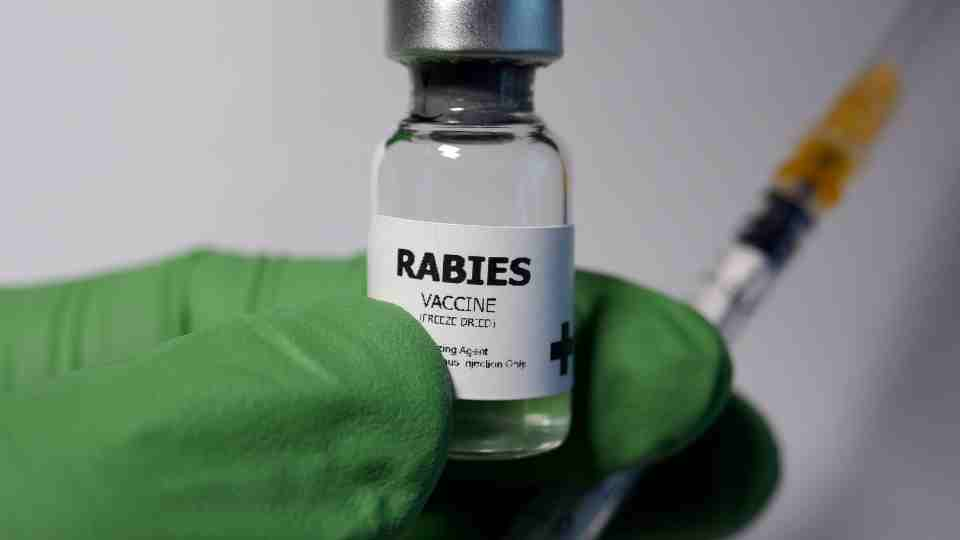Rabies
Rabies is a deadly viral disease transmitted to humans through the bite or scratch of an infected animal, most commonly dogs. The virus attacks the central nervous system, causing severe and irreversible damage to the brain and spinal cord. Without immediate treatment, rabies is nearly always fatal once symptoms develop. While the disease is exceedingly rare in the UK, it remains a significant health concern in regions of Asia, Africa, and Central and South America. Globally, rabies causes an estimated 59,000 deaths annually, with the majority of cases occurring in areas with limited access to vaccines and post-exposure treatment. For UK travellers, the risk of contracting rabies is low but increases when travelling to regions where rabies is endemic and healthcare infrastructure may be inadequate.

Symptoms
Rabies progresses through distinct stages, beginning with non-specific symptoms such as fever, fatigue, headache, and muscle weakness. As the virus spreads to the brain, more severe symptoms emerge, including confusion, agitation, hydrophobia (fear of water), and excessive salivation. Paralysis and coma often follow, leading to death if treatment is not administered before symptoms appear. Despite its severity, rabies is entirely preventable with prompt post-exposure prophylaxis (PEP), which includes wound cleaning and a series of rabies vaccine doses. Early recognition of potential exposure and immediate medical attention are crucial to preventing the onset of symptoms.

Vaccination
The rabies vaccine is a critical tool for preventing this fatal disease, particularly for travellers to high-risk areas. Pre-exposure vaccination involves a series of three doses administered over 21 to 28 days. For those asking how long does the rabies vaccine last, the initial series provides long-term protection for most travellers, though individuals at continuous risk may require booster doses every one to two years. The vaccine significantly reduces the risk of developing rabies and offers more time to seek post-exposure treatment if bitten or scratched by an animal.
Travellers planning activities that increase their exposure risk, such as hiking, cycling, or working with animals, are strongly encouraged to get vaccinated. The vaccine is also recommended for those visiting remote areas where access to medical care and PEP is limited. Even with vaccination, anyone exposed to a potential rabies source should clean the wound immediately and seek medical attention for additional post-exposure care.
Book Now
Book your appointment with us today to receive your vaccine and other essential travel vaccinations. Let us help you travel with confidence and peace of mind.


